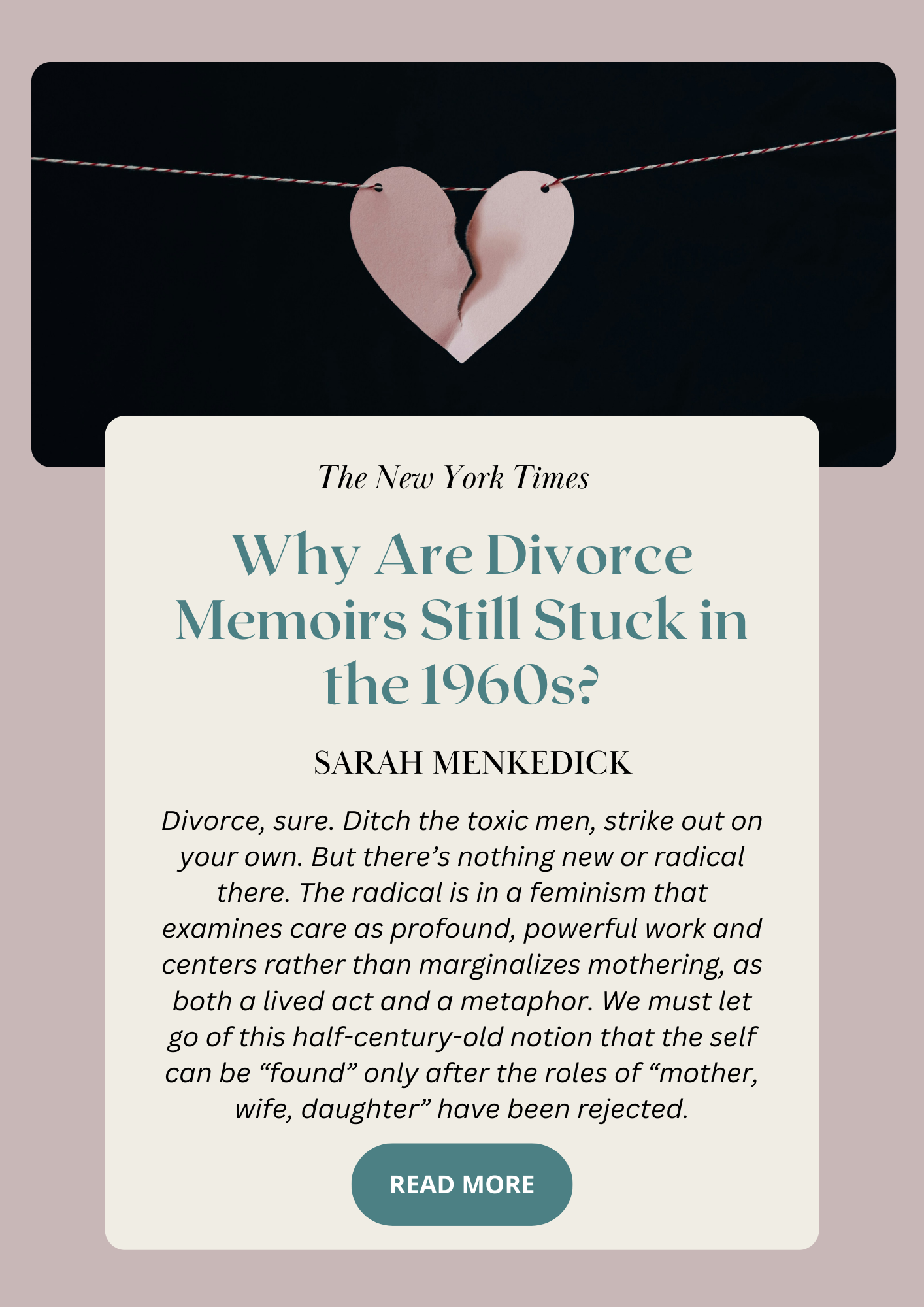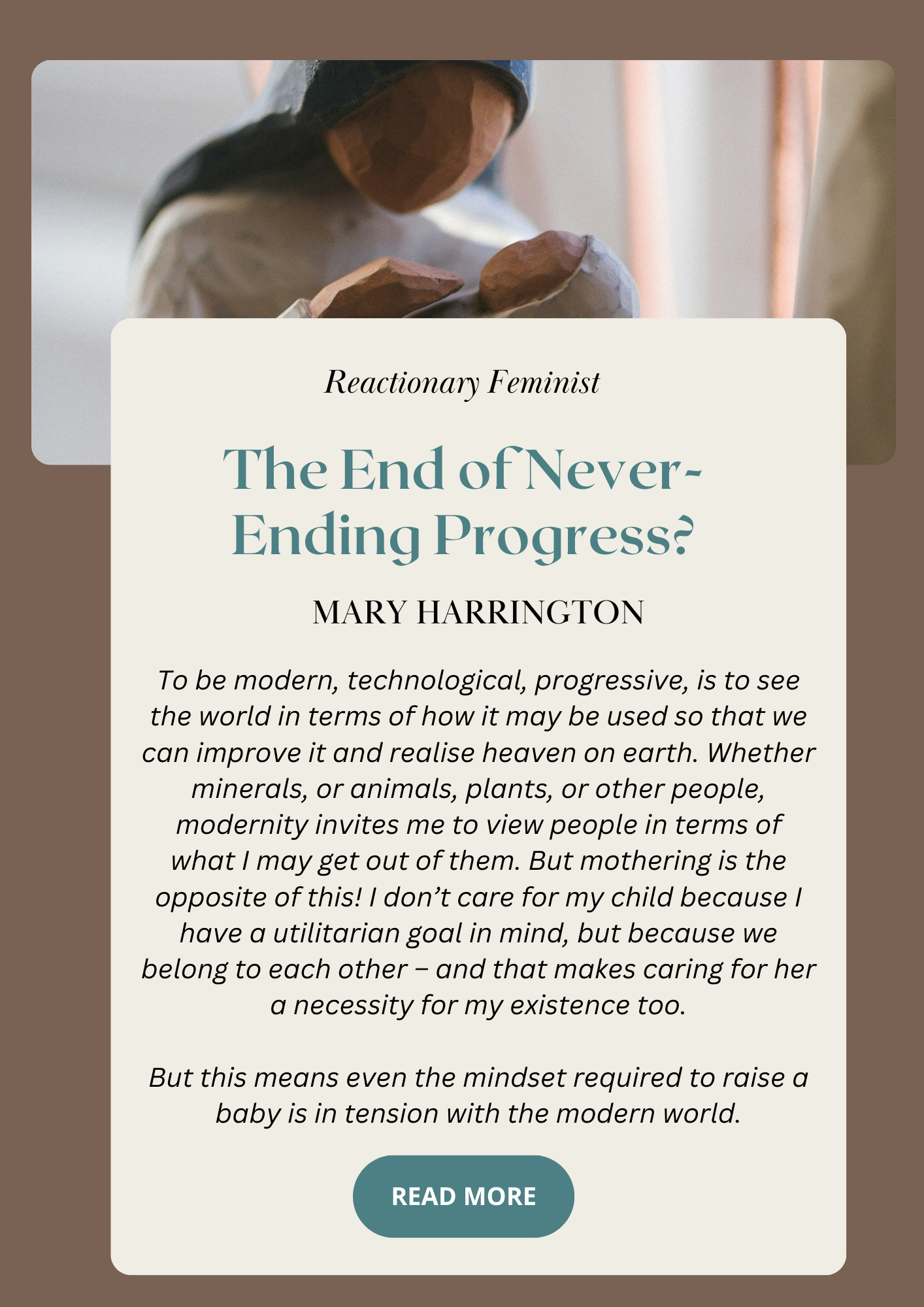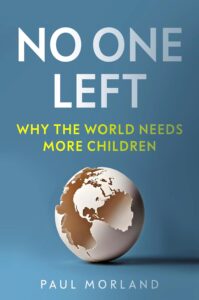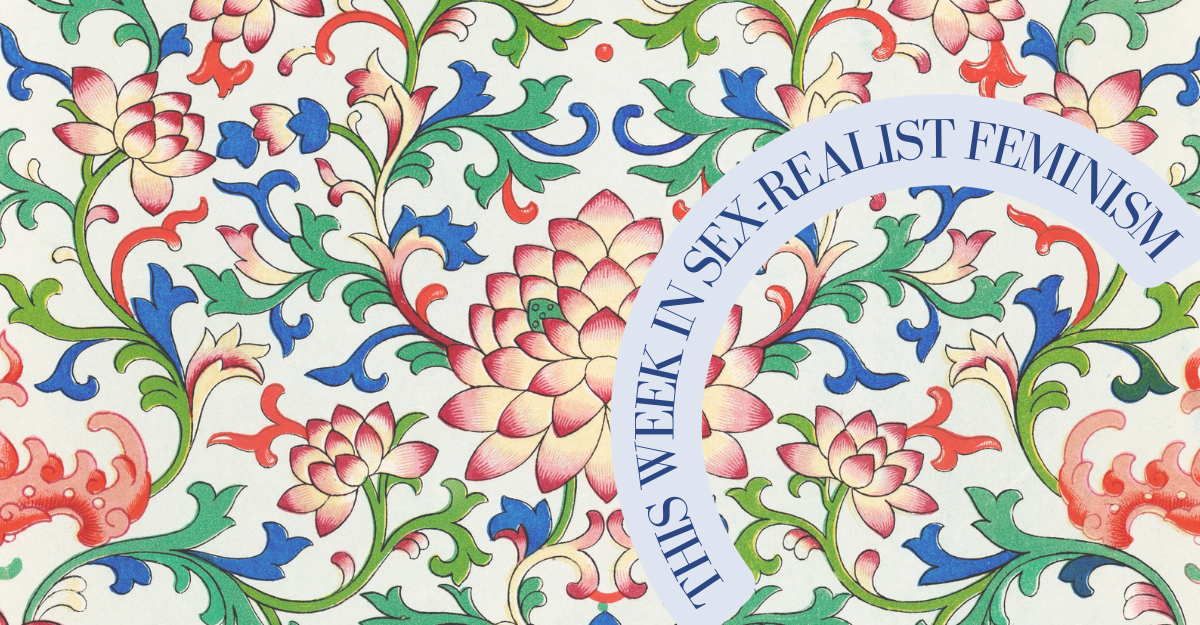Welcome to the weekly Fairer Disputations round-up: your one-stop shop for the best in sex-realist feminism. This week: Sarah Menkedick on divorce memoirs, Mary Harrington on progress and mothering, Christine Emba on women and the Pill, the long-term risks of youth gender transition, social construction, the breakup industry, what Featured Author Holly Lawford-Smith is reading—and more!
First, Sarah Menkedick reviews two recent “divorce memoirs.” In doing so, she calls for a new, more radical feminism, one that doesn’t require devaluing motherhood to find meaning.

At her Substack, Featured Author Mary Harrington questions the compatibility of progress and mothering—and suggests that mothering holds the key to a more sustainable future.

Finally, at The Atlantic, Christine Emba ties together the public conversation about birth control and her own (brief) experience on the Pill.

More Great Reads & Listens:
- The Hidden Long-Term Risks of Youth Gender Transition, Eliza Mondegreen, UnHerd
- What Does It Mean for Something to Be Socially Constructed?, Holly Lawford-Smith, Quillette
- The Breakup Industry Is A Real Thing, And It’s Making Lots Of Money, Evie Solheim, Evie
- The ‘Luxury Beliefs’ that Harm Vulnerable Children, Mary Wakefield, The Spectator
- The Nevermets is a Parable for Virtual Romance, Nina Power, UnHerd
What I’m Reading: Holly Lawford-Smith

I’ve just finished Andrea Dworkin’s 1983 book Right-Wing Women. (Yes, I should have read it before, but mainly because it’s hard to get hold of anything but a digital copy and I hate reading on my computer, I hadn’t gotten around to it until now). I knew it by its reputation—that she gives a sympathetic presentation of what the right offers to women, an explanation that appears geared toward reducing incomprehension from left-wing women about women choosing traditional family arrangements and repudiating (liberal/mainstream) feminism. I liked the book, although I found it less helpful than I had been expecting.
It’s always a pleasure to read Dworkin, because she has a way with words. For example, from her chapter The Politics of Intelligence:
Men hate intelligence in women. It cannot flame; it cannot burn; it cannot burn out and end up in ashes, having been consumed in adventure. It cannot be cold, rational, ice; no warm womb would tolerate a cold, icy, splendid mind. It cannot be ebullient and it cannot be morbid; it cannot be anything that does not end in reproduction or whoring. It cannot be what intelligence is: a vitality of mind that acts directly in and on the world, without mediation.
The point I found most interesting in the book was in her chapter on abortion, where she argued that left-wing men supported abortion rights only because they were a means of securing greater sexual access to women. That’s interesting for the United States right now, where abortion has reemerged as a polarising issue, at a time when there’s a growing backlash against the sexual revolution. If Dworkin’s analysis is right, then leftist men may not be reliable allies to those feminists seeking both abortion rights and greater control over sexual access, including the right to refuse sex altogether.



